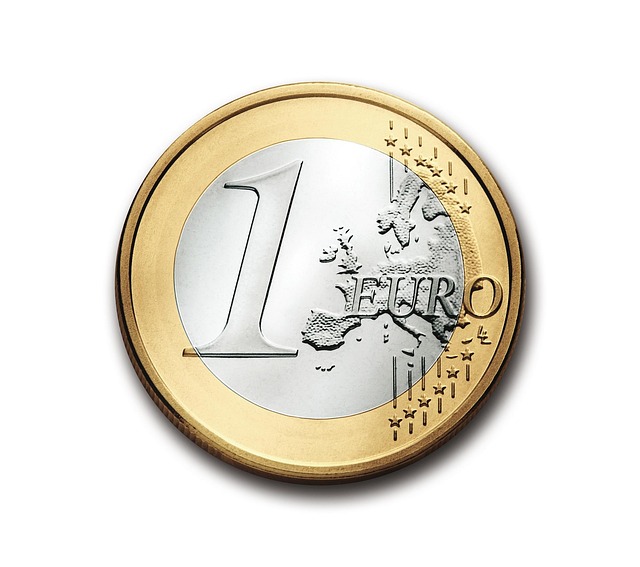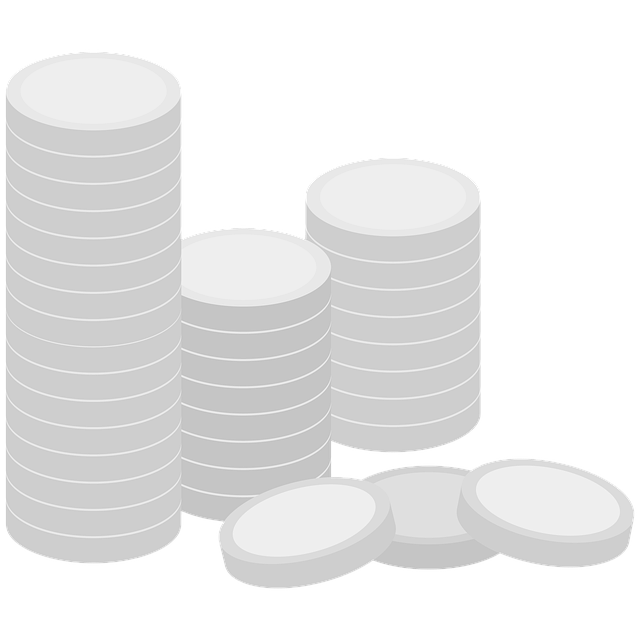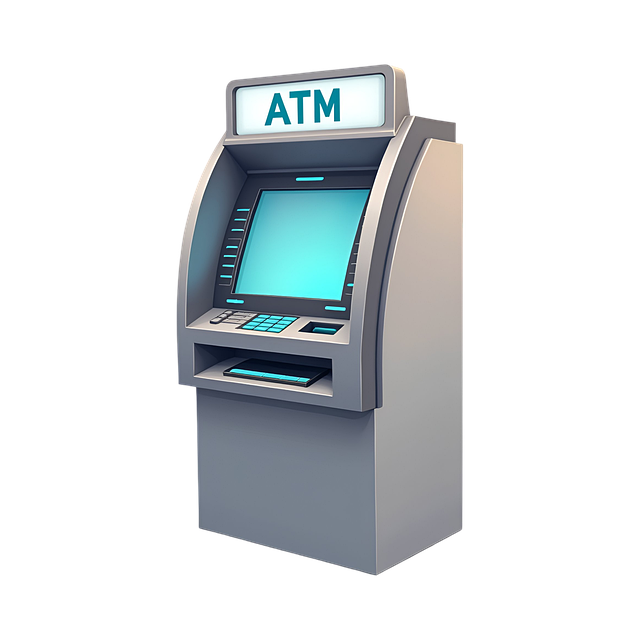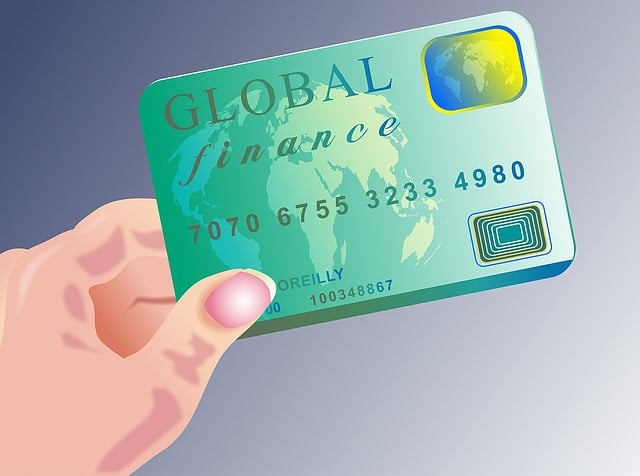Depositing money flexibly through digital platforms, traditional banks, and peer-to-peer systems streamlines financial management. Strategize by setting goals, explore options like savings accounts, high-yield accounts, CDs, compare interest rates to maximize growth, enhancing financial well-being.
Efficiently depositing money is a crucial aspect of managing your finances. In today’s digital landscape, understanding various deposit methods is key to making seamless transactions. This article guides you through the process, offering insights on “Understanding Different Deposit Methods,” exploring “Strategies for Efficient Money Transfer,” and providing “Maximizing Your Deposits: Best Practices.” Discover how to optimize your financial flow and make the most of every deposit.
- Understanding Different Deposit Methods
- Strategies for Efficient Money Transfer
- Maximizing Your Deposits: Best Practices
Understanding Different Deposit Methods

Depositing money into your account is a fundamental aspect of managing your finances, whether online or in traditional banking. Understanding the various deposit methods available offers a tailored approach to suit individual needs and preferences. Online banks often provide a range of digital options, from real-time transfers via mobile banking apps to one-time transactions through secure payment gateways. These methods ensure convenience, allowing users to deposit funds instantly without visiting a branch.
In contrast, traditional financial institutions offer more conventional strategies, such as personal visits to deposit slips or ATM deposits. While these methods might not be as swift, they remain popular for those who prefer face-to-face interactions or require assistance with complex transactions. Exploring these different depositing money strategies empowers individuals to make informed choices, enhancing their overall banking experience.
Strategies for Efficient Money Transfer

Efficient money transfer is a key aspect of effective financial management, especially when it comes to depositing funds. One strategy involves utilizing digital wallets and mobile banking apps, which offer convenience and security. These platforms often have real-time transaction capabilities, allowing for quick deposits. Additionally, many banks provide automated clearing house (ACH) services, enabling direct transfers from your bank account to the recipient’s, streamlining the process further.
Another approach is to leverage technology by employing peer-to-peer (P2P) payment systems. These platforms facilitate instant money transfers between individuals, eliminating the need for lengthy banking procedures. By utilizing secure online gateways, users can deposit funds conveniently, making transactions efficient and often cost-effective.
Maximizing Your Deposits: Best Practices

Maximizing your depositing money strategies involves a mix of thoughtful planning and practical execution. Firstly, set clear financial goals that align with your overall budget and priorities. This could mean saving for a down payment on a house, funding retirement accounts, or building an emergency fund. Knowing your objectives will guide your deposit amounts and frequency.
Secondly, consider the various types of deposits available. Traditional savings accounts offer accessibility but may have limited growth potential. High-yield savings accounts or certificates of deposit (CDs) can provide better returns by locking in your funds for a set period. Researching and comparing these options based on interest rates and terms will help you maximize the growth of your deposited money, ultimately enhancing your financial health.
Efficiently managing your depositing money strategies is key to navigating the financial landscape effectively. By understanding various deposit methods, employing thoughtful strategies, and adhering to best practices, you can optimize your monetary transfers and maximize your deposits. In today’s digital era, staying informed about these strategies ensures you make the most of every transaction, ultimately enhancing your overall financial health.






